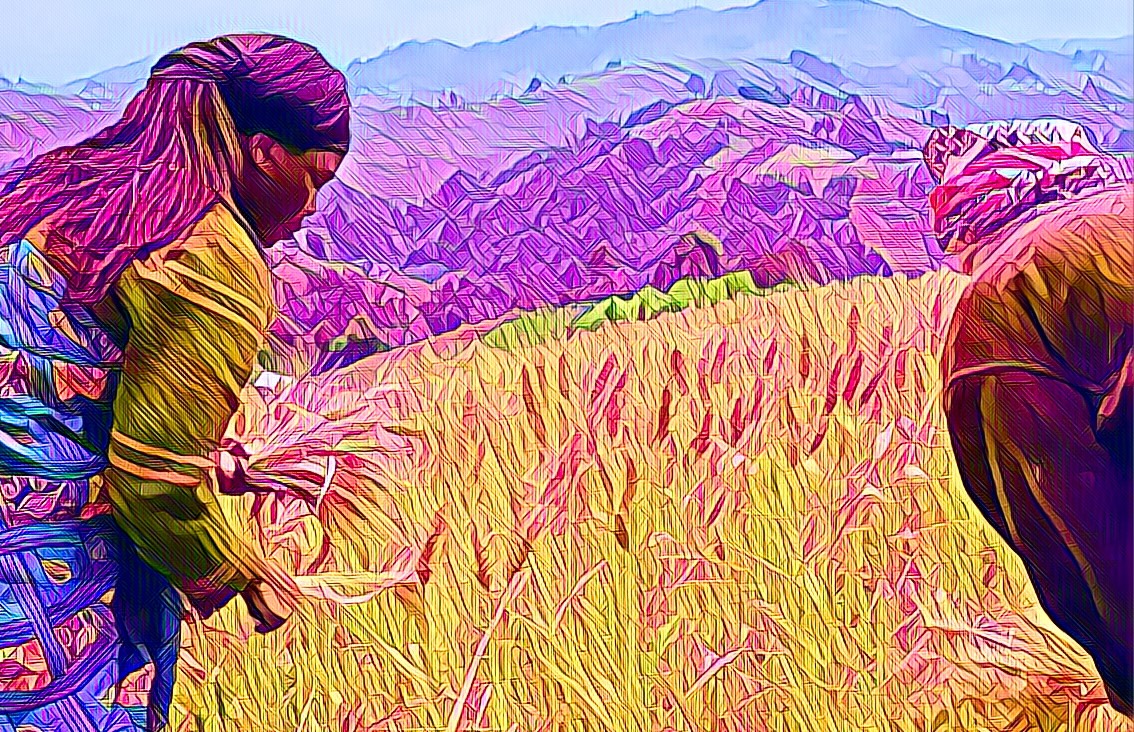KEY POINTS
- The Federal Ministry of Agriculture subsidizes wheat seeds and fertilizers by 75%, helping 6,000 Kano farmers offset high production costs.
- Farmers receive three fertilizer bags and 50 kg of wheat seeds to cultivate 3,000 hectares, enhancing regional food production.
- The initiative promotes agricultural self-sufficiency, reduces wheat import reliance, and revitalizes Kano State’s farming economy amidst soaring input prices.
Nigeria’s Federal Ministry of Agriculture and Food Security has launched a transformative initiative to rejuvenate wheat production in Kano State.
Targeting 6,000 farmers, the government is distributing agricultural inputs—seeds and fertilizers—at a 75% subsidy to counter rising production costs and bolster food security.
Empowering farmers, cutting input costs
The program, unveiled at the Aggregation Centre in Alkamawa, Bunkure Local Government Area, highlights the government’s focus on empowering smallholder farmers while addressing the economic pressures of soaring input costs.
According to The Nation, beneficiaries pay just 25% of the input costs, equivalent to approximately N111,000, in a bid to stimulate productivity across the region.
Wheat subsidy program signals federal commitment to agriculture
Minister of Agriculture Abubakar Kyari, represented by Isa Hotoro, the ministry’s Kano State coordinator, described the program as a cornerstone of Nigeria’s strategy to expand its agricultural output.
“This initiative prioritizes smallholder farmers, aiming to enhance wheat production, reduce import dependency, and secure Nigeria’s food supply chain,” Hotoro said during the launch.
The program provides each farmer with three bags of fertilizer (Urea and NPK) and 50 kilograms of wheat seeds, supporting cultivation across 3,000 hectares of farmland. Cluster centers in key local government areas—Bunkure, Ajingi, Gaya, and Garko—serve as hubs for the program’s rollout, underscoring the government’s commitment to rural development.
Farmers see renewed hope as subsidies offset rising costs
The initiative has sparked optimism among farmers, many of whom have struggled under the weight of escalating costs. Yakubu Ibrahim, chairman of the Gaya Emirate Farmers Association, hailed the program as a game-changer for Kano’s agricultural sector.
“This intervention is a lifeline for wheat farmers in Kano. High fertilizer and fuel costs had forced us to scale down production, but now we can expand our operations,” Ibrahim said.
Ibrahim, who had previously reduced his farm size from five hectares to two, now plans to increase cultivation to eight hectares thanks to the government’s support. The initiative has rekindled confidence in the region’s agricultural potential and underscores Nigeria’s broader ambition to strengthen its food systems and reduce reliance on imports.
Strategic push for food security and self-sufficiency
The program aligns with Nigeria’s long-term goal of reducing food imports and achieving agricultural self-sufficiency. By addressing critical challenges faced by smallholder farmers, the federal government aims to stabilize domestic food supplies and drive economic growth in rural areas.
This bold move reinforces the importance of agriculture as a pillar of Nigeria’s economy, with Kano State serving as a key hub in the nation’s drive for food security.


